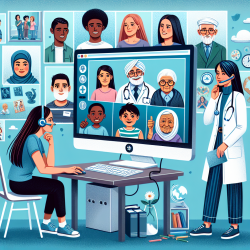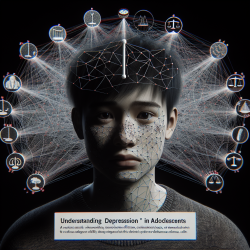Introduction
Plagiarism, the act of using someone else's words or ideas without proper attribution, has become a pervasive issue in educational settings globally. With the rise of digital resources, this challenge has intensified, particularly in fields requiring rigorous academic integrity, such as medical education. The study titled "Faculty perceptions of student plagiarism and interventions to tackle it: a multiphase mixed-methods study in Qatar" provides valuable insights into addressing this issue effectively.
Understanding the Study
The research conducted at Weill Cornell Medicine-Qatar (WCM-Q) aimed to understand the extent of plagiarism among students and the effectiveness of interventions implemented to mitigate it. The study utilized a mixed-methods approach, involving surveys and longitudinal interventions over four years. The key findings revealed a significant reduction in plagiarism incidents following structured educational interventions.
Key Findings
- The incidence of observed plagiarism decreased from 44% to 28% over the study period.
- The percentage of faculty who observed no plagiarism incidents increased from 12% to 37%.
- Faculty concerns about student plagiarism decreased significantly from 53.1% to 20%.
Effective Interventions
The study highlighted several interventions that contributed to the reduction in plagiarism:
- Clear Plagiarism Policy: Introducing a well-defined plagiarism policy and ensuring its dissemination among students and faculty.
- Educational Seminars: Conducting seminars and tutorials to educate students about plagiarism and its ethical implications.
- Plagiarism Detection Software: Implementing tools like Turnitin® to detect and deter plagiarism in student assignments.
- Student Support Services: Providing access to counseling services to help students manage stress and improve time management skills.
Implications for Practitioners
For educators and practitioners, this study underscores the importance of proactive measures in fostering academic integrity. Implementing clear policies, educating students, and utilizing technology can significantly reduce plagiarism. Moreover, understanding cultural and educational backgrounds is crucial in tailoring interventions effectively.
Encouraging Further Research
While the study provides a robust framework for addressing plagiarism, further research is essential to explore its applicability across different educational contexts. Practitioners are encouraged to investigate the cultural nuances and adapt interventions to suit their specific environments.
To read the original research paper, please follow this link: Faculty perceptions of student plagiarism and interventions to tackle it: a multiphase mixed-methods study in Qatar.










